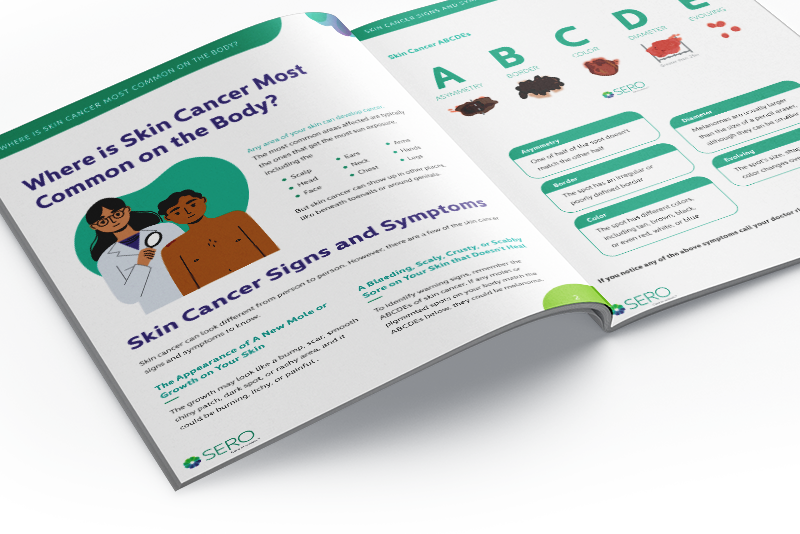A cancer diagnosis doesn’t just affect the patient. It also affects close friends and family members. These people must process strong emotions surrounding their loved one’s condition often while providing direct assistance and support.
Below, the oncologists in Charlotte at SERO offer insight into what to expect if you become a cancer caregiver. They also offer tips for ensuring you stay well, both physically and mentally.


